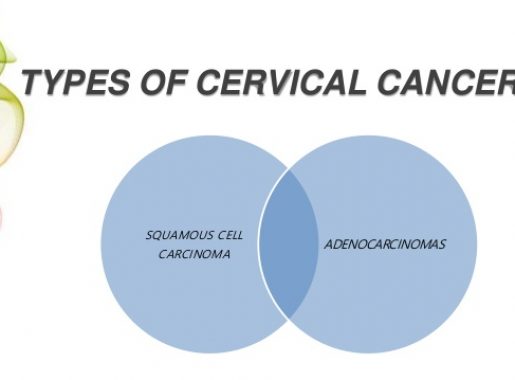Understanding The Types Of Cervical Cancer
Cervical cancer isn’t just one disease – it has different types, each with unique risks and treatments. Understanding these types is crucial because early detection can save lives. By learning about squamous cell carcinoma and adenocarcinoma, you can recognize warning signs early and explore the best treatment options for a healthier future.
What are the Different Types of Cervical Cancer?
There are two main types of cervical cancer that help to determine your prognosis and treatment:
-
Squamous Cell Carcinoma
In this, cervical cancer starts in the thin cells (squamous cells) lining the outer part of the cervix which projects into the vagina.
-
Adenocarcinoma
In this, cervical cancer starts in the glandular cells that line the cervical canal.
-
Other Cervical Cancer Types
Few cervical cancer cells have feature characteristics of both squamous cell carcinoma and adenocarcinoma. These are called “adenosquamous carcinomas” or “mixed- carcinomas”.

Frequently Asked Questions (FAQs):
Q1. What is the most common type of cervical cancer?
A. Squamous cell carcinoma is the most common type, originating in the thin, flat cells lining the cervix.
Q2. How is adenocarcinoma of the cervix different from squamous cell carcinoma?
A. Adenocarcinoma develops in the glandular cells of the cervix and is less common but more challenging to detect early compared to squamous cell carcinoma.
Next in Cervical Cancer

Author Bio:
Dr. Yashashree Joshi – MBBS, MD (Philippines)
Dr. Yashashree Joshi, MD, is a globally-trained oncologist with a robust academic background and extensive experience in pioneering cancer treatments. Dedicated to patient-centered care, she continually integrates the latest advancements in oncology to provide her patients with innovative and personalized treatment plans.
Content Medically Reviewed By MedicoExperts Editorial & Clinically Review Board



